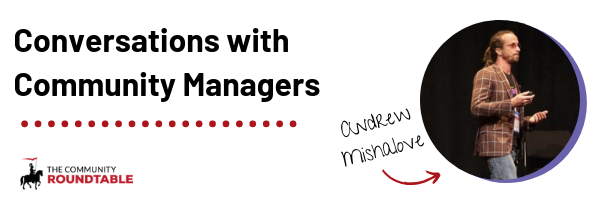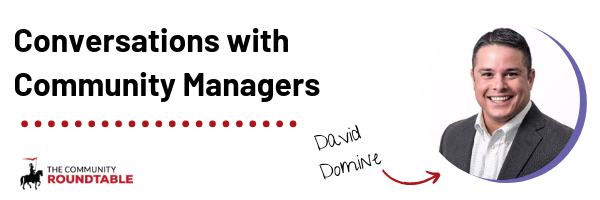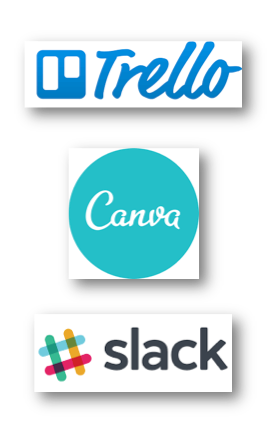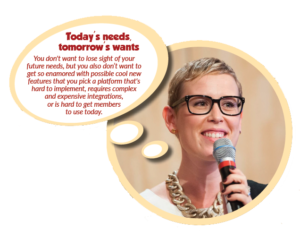Last year, 40% of our participants at TheCR Connect were actively researching online community platforms, and they asked for our help. In order to support their efforts, we are thrilled to announce our first Solutions Showcase!

Join us on September 23,
The day will include interactive panels focused on internal and external communities, best practices for the definition of requirements and selection processes, and lots of time to chat with peers and providers to learn what solutions will best solve your community challenges.
The Solutions Showcase is co-located with our annual community workshop – TheCR Connect. While you do not have to attend Connect to attend the Showcase, all Connect passes include the Showcase registration.
Learn more about the full agenda and register here. Early bird tickets are on sale until 6/30/19 – or until they sell out.




 The recent Atlassian
The recent Atlassian 
 Start with behaviors, not features: Just as you should start your community strategy with the behavior change you want to drive, start your platform selection thinking about behaviors, not bells and whistles.
Start with behaviors, not features: Just as you should start your community strategy with the behavior change you want to drive, start your platform selection thinking about behaviors, not bells and whistles.
